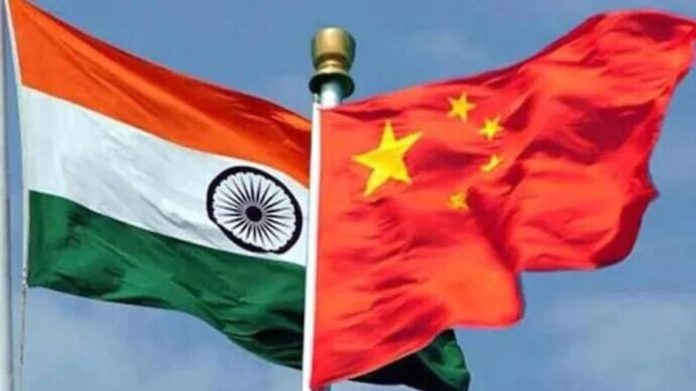- As you are aware, Chinese action along the line of actual control (LAC) in eastern Ladakh in the aftermath of the Galwan incident has badly destroyed trust between the two Asian superpowers. This is one of countless situations in which the Chinese leadership has shown rigidity, stubbornness, a devil-may-care attitude, and scant concern for the rules-based international order. Even while the international community strives to drill some kind of logic into Beijing’s think tank, the Chinese assault in the region requires no further elaboration. But, these steps are proving ineffective.

PC: Web Desk
- Yet, none of these measures have had a significant impact on the communist regime’s policies, which are becoming increasingly narrow-minded by the day. As is customary, the Chinese leadership attempted to downplay the breach in the relationship with India by focusing on repairing the bilateral relationship, even though the border situation remained tight with military forces on both sides stacking up. After our brave troops have given their lives in defense of the homeland, expecting the Indian side to shake hands and resume bilateral business as usual makes no sense.
- The Indian government has stated on numerous occasions that there can be no normalcy in the bilateral relationship unless the vexing problem of Chinese unlawful occupation is adequately resolved. To be sure, the Indian establishment’s stance has gained unanimous support from all parties involved. Furthermore, National Security Advisor Ajit Doval’s conclusion at a recent BRICS meeting that the situation along the LAC has damaged strategic confidence with China since 2020 is as honest as it gets. Of course, the Chinese continue to compartmentalize the border problem and urge that both sides consider the whole relationship.

PC: BYD
- Beijing should realize that the border row is symptomatic of a larger problem plaguing India-China ties. Today’s China has taken an ultra-authoritarian turn and is intent on challenging democracies and rewriting the rules-based international order. In Beijing’s scheme, India is merely a country that needs to be periodically reminded of its secondary position in Asia. China is far from interested in addressing Indian concerns. Why else would it continue to back a belligerent but bankrupt Pakistan? That the issue isn’t only about the border was exemplified by New Delhi’s decision to reject Chinese EV giant BYD’s $1 billion investment plan for a car and battery manufacturing plant.
- True, the investment would have been a shot in the arm for India’s EV ecosystem and generated considerable local employment. True, too, that the Indian market remains leverage for New Delhi to put pressure on Beijing. However, the strategy of incentivizing Chinese good behavior through market access and economic cooperation has failed over the last decade. India should look to other sources of FDI by furthering industrial reforms and stepping up its production capacities. Thus, denying China market access is a more effective leverage indeed.






